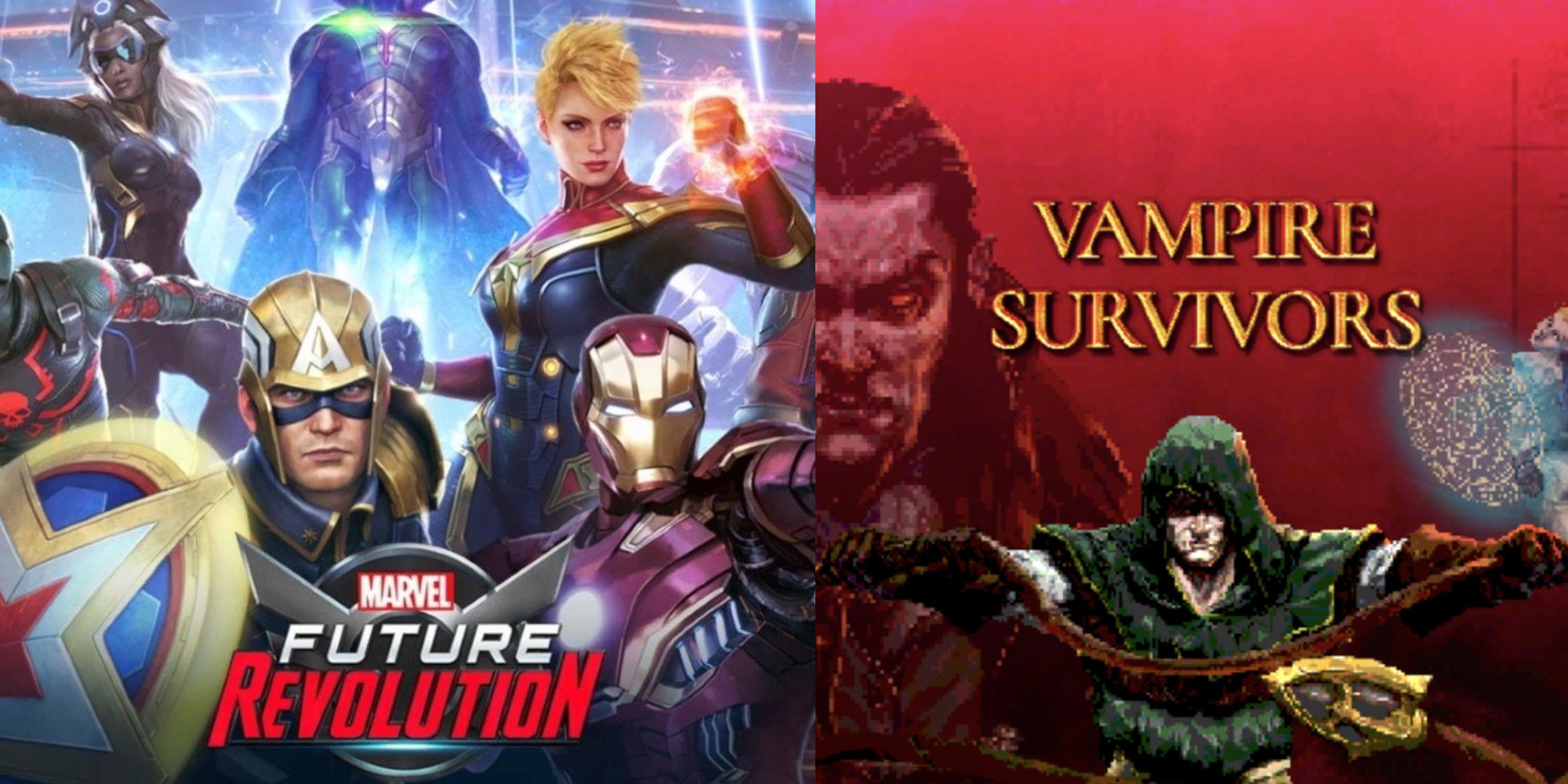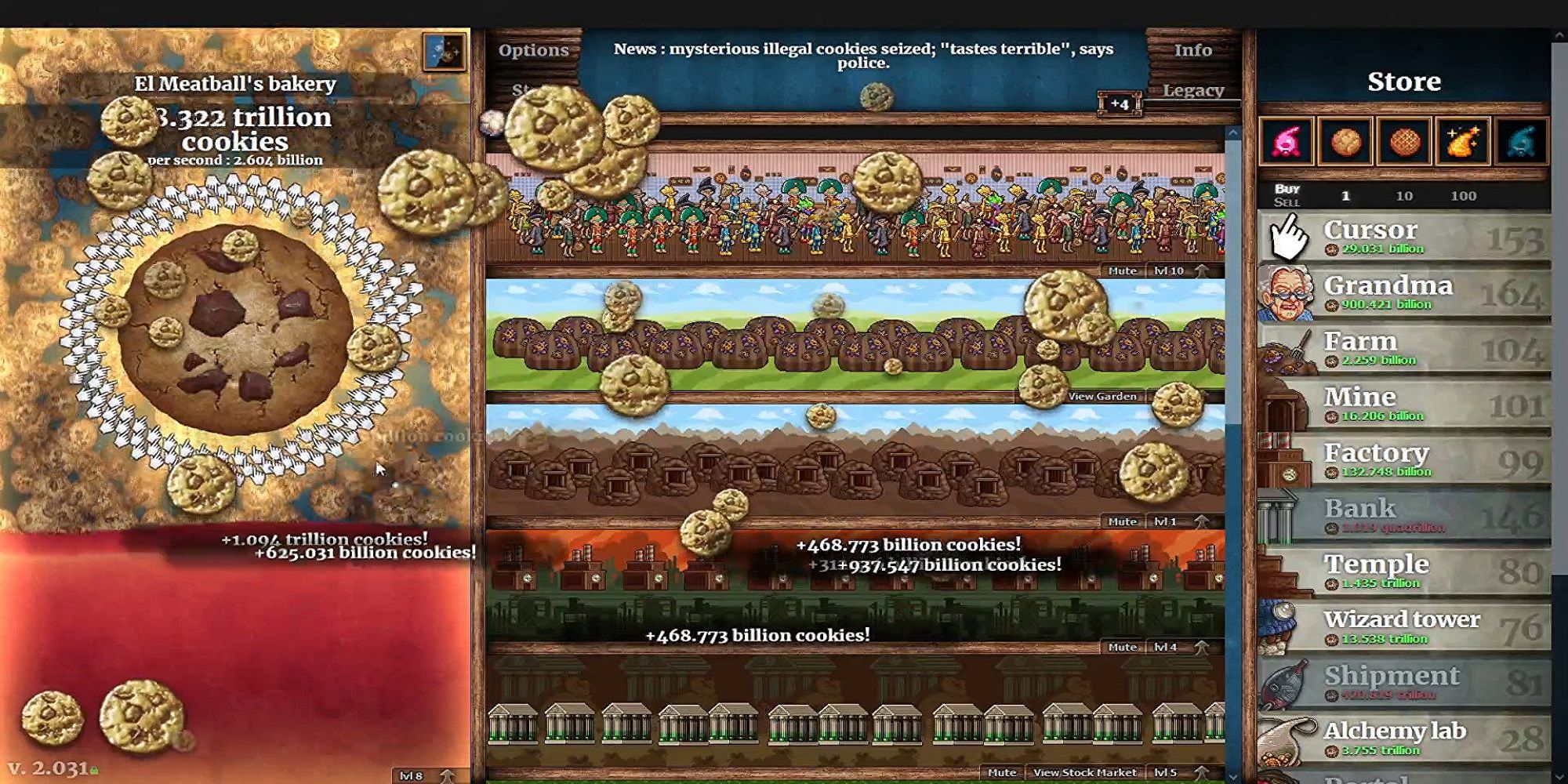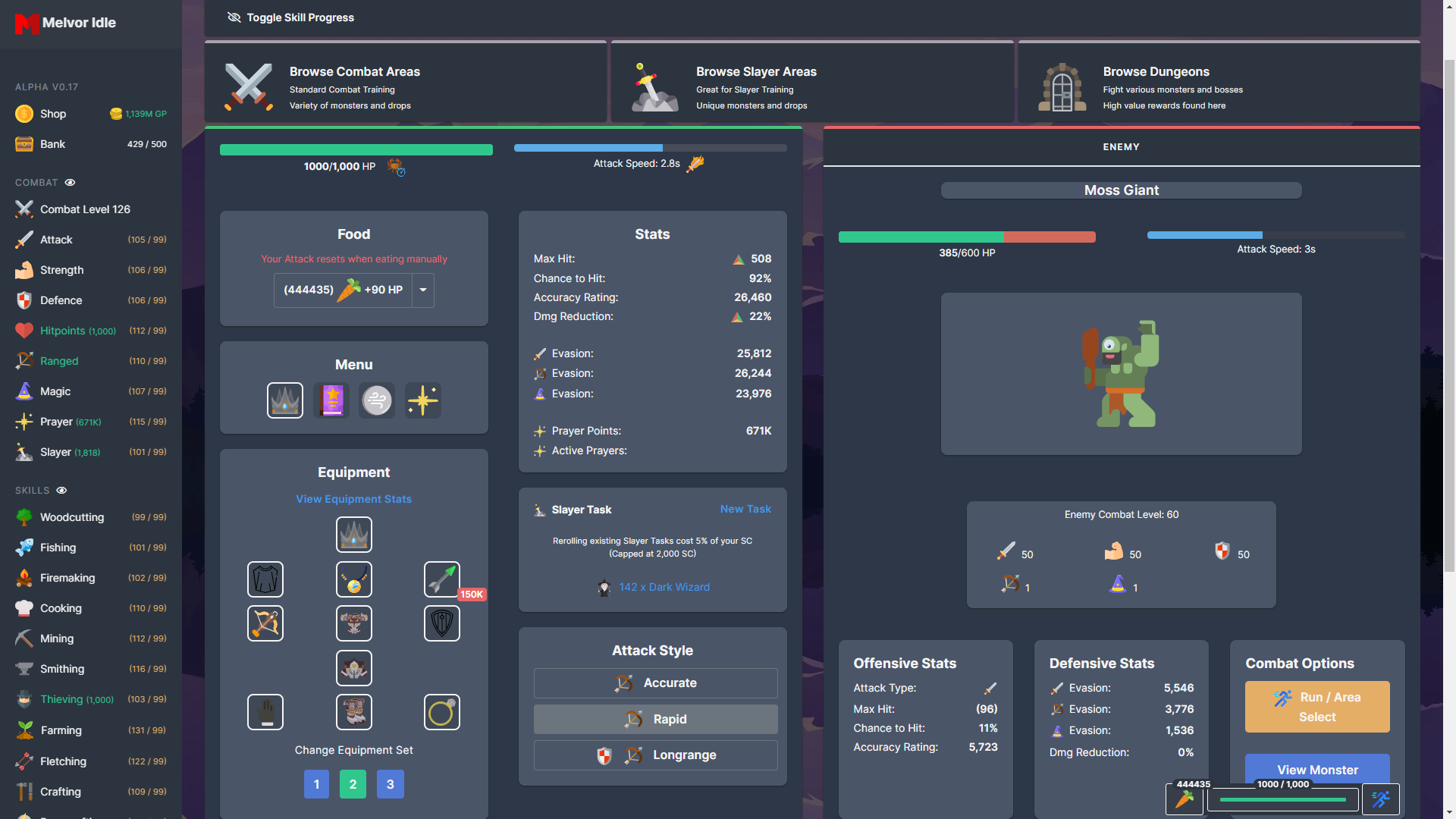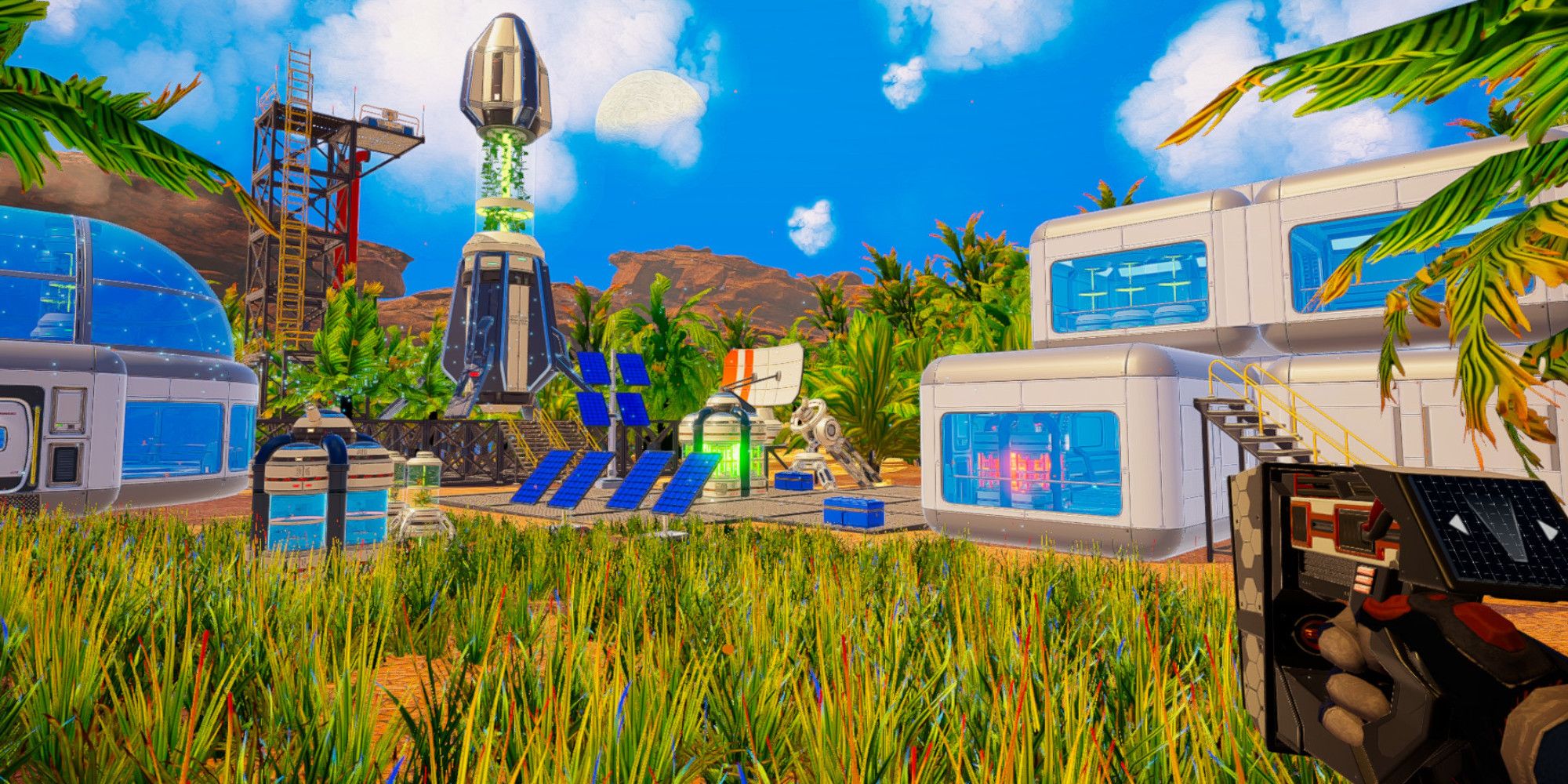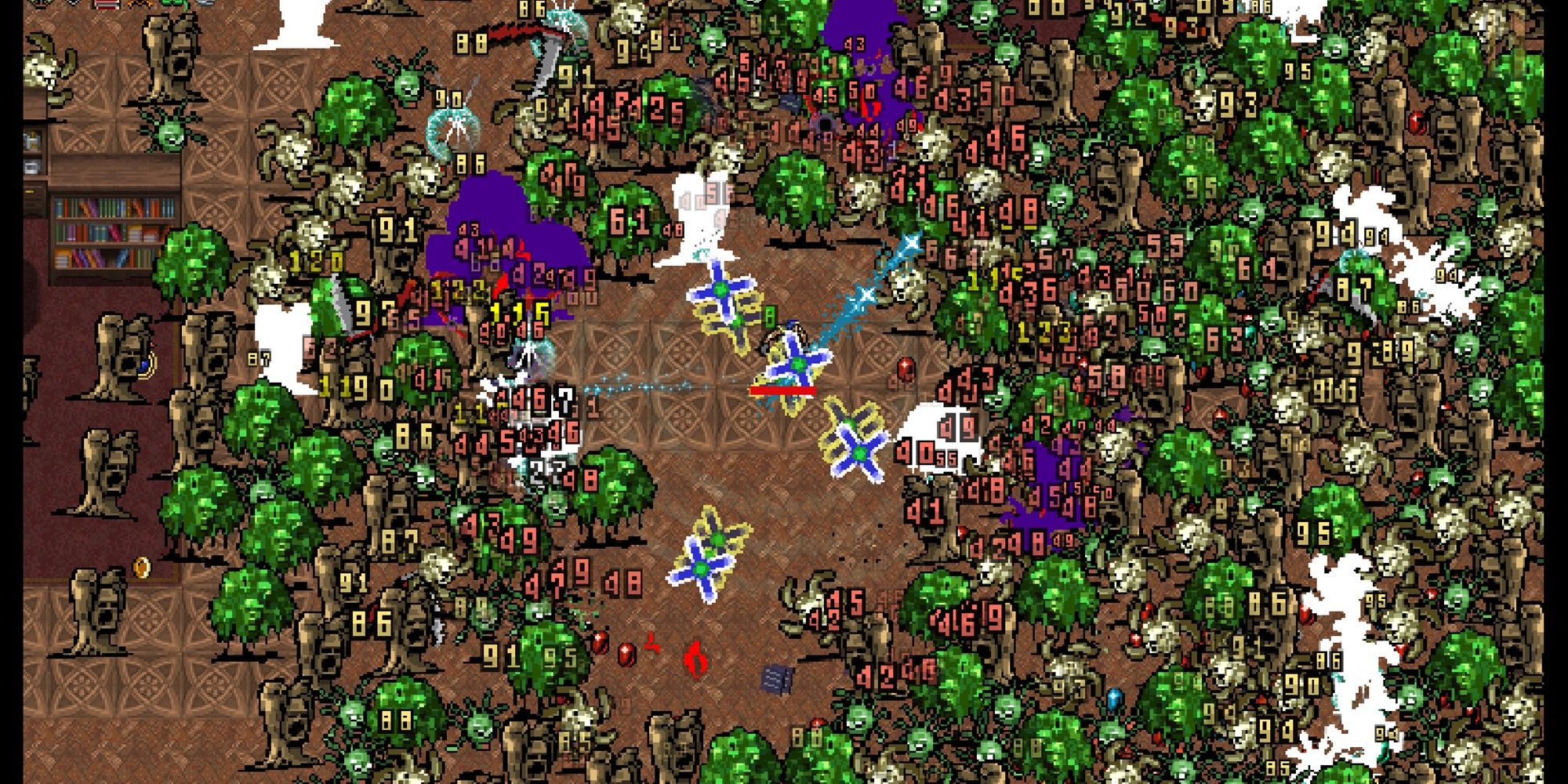In 2013, a game called Cookie Clicker nearly ruined my life. I was just finishing film school, my final project had been terminated for political reasons, and the fallout from that situation led to a breakup. I was burned out and pissed off, and I found myself slowly but surely getting sucked into the first viral idle game: Cookie Clicker, the most evil game I’ve ever played.
Cookie Clicker is so insidious because it acts like it’s small and insignificant while it grows and grows until it demands 100 percent of your attention. As a genre, idle games seem so innocent. It’s just something that runs in the background and plays itself. You can check in on it whenever you like, but you don’t have to. You’re playing it even when you’re not playing it. Idle means inactive, inert, insignificant. Of course, that’s not at all what playing an idle game is actually like.
‘You’re always playing’ is just another way of saying ‘you’re never not playing’. The problem with letting a game like Cookie Clicker run in the background is that you’re never going to be as productive as you could be if you were actively monitoring it, making decisions, and increasing cookie production at the first possible second all day, every day. Every time you look away from Cookie Clicker is a moment you’re not operating your Cookie empire at peak efficiency, and in a game where the only goal is to make the number go up, progressing any slower than the maximum speed is tantamount to failure. I had to kick Cookie Clicker to the curb once I realized it was all I could think about, but I’ve never really been able to shake off the effect it had on me.
I’ve mostly been able to avoid idle games since then. I’ll dabble in the occasional game like Leaf Blower Revolution or Melvor Idle from time to time, but I know how to recognize when I start to get too sucked in and I always cut and run. Late last year, Cookie Clicker finally arrived on Steam where it’s found massive success and tens of thousands of overwhelmingly positive reviews. I haven’t, and won’t, indulge, but it’s clear that these kinds of games are still striking a chord with players even all these years later. Cookie Clicker essentialized a design philosophy that we see manifest throughout many genres and types of games. There’s a powerful core at the heart of Cookie Clicker - a warm gooey center captured my soul all those years ago and still keeps players hooked to this day. That power can be used for great good or terrible evil, and you can see plenty of examples of both if you know where to look.
Let’s start with the bad. The mobile game industry has taken the idle game formula and used it to extort not just our time, but hard-earned money as well. As much as I loathe Cookie Clicker for turning me into a zombified patissier, it never tried to bilk me the way games like Idle Heroes, AFK Arena, and Idle Mafia do. These games give you the endorphin rush of ‘number go up’ and then take it away from you, slowing progress down until you pay. You’re never done paying though, since the game never ends. A newer version of this scam can be found in games that offer the autoplay feature, like Marvel Future Revolution and Lineage 2: Revolution. These games obscure their idle game qualities with flashy visuals and complicated progression paths, but at the end of the day they’re exactly the same as every other predatory mobile game. These games are designed to use the satisfying psychological effects of exponential progression in order to trap you in an endless pay-to-play loop. The idle formula isn’t inherently evil, but the way these studios use it certainly is.
But there are other developers tapping into the idle genre and using its power for good. These idle-likes combine the thrill of rapidly escalating progression with other genres to synthesize something completely original. Upcoming survival/crafting game The Planet Crafter, which has a free prologue available on Steam, uses exponential progress as a representation for terraforming. As you gather materials and craft new structures, the terraformation process continuously ramps up. As long as you have at least one machine running you’ll be making constant progress towards your goals, but the nature of an idle game incentivizes you to keep pushing forward in order to increase gains. While Cookie Clicker keeps you absently staring at a ticker waiting for the perfect moment to purchase 50 more shares of cinnamon stock, The Planet Crafter rewards you by engaging in the core mechanics of the game. Go find a crashed spaceship to strip down and craft drills out of the parts, number goes up. It’s that simple.
Another great example of a recent idle-like is Vampire Survivors, a game that looks like the exact opposite of an idle game. In this roguelike bullet-hell game, your objective is to kill enemies to level up and unlock new weapons and upgrades. The twist is that you don’t actually engage in combat with all of your fancy new weapons. Your attacks happen automatically based on stats that you can increase through upgrades. All you can actually do in Vampire Survivors is move around and try not to get hit by enemies. The longer you survive and the more upgrades you acquire, the more skilled your character is with their weapons. If you make the right choices during each level-up, you’ll eventually become so strong that your character can protect themselves from every angle without needing you to move them around or dodge any attacks. Runs last a maximum of 30 minutes, and on a good run you can hit the idle point around 20 minutes in and spend the next ten minutes watching your character make minced meat out of everything that comes within a mile of them. Essentially, your goal in Vampire Survivors is to survive long enough that it eventually becomes an idle game. Letting go of control is the reward, not the objective.
Neither game is a true idler. They’re both finite with clear, unavoidable endings, and there’s no way to truly let them play themselves. They’ve taken what people love about Cookie Clicker and left behind its qualities that compel people to play compulsively. The idle parts of both games ultimately make them stronger experiences, and I’m excited to see what other genres can blend well with these kinds of idle sensibilities. It may scare me a little, but I sure do love to see that number go up.

